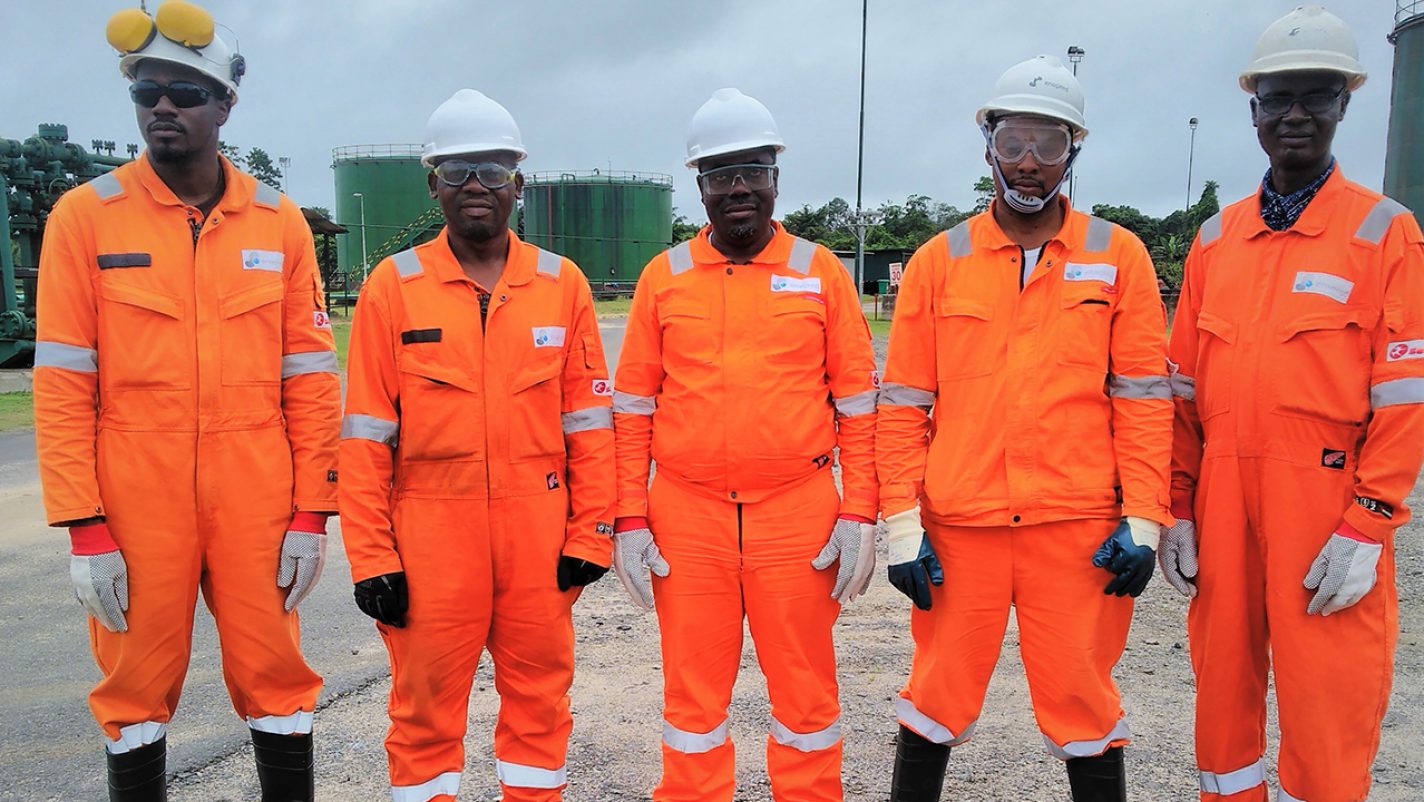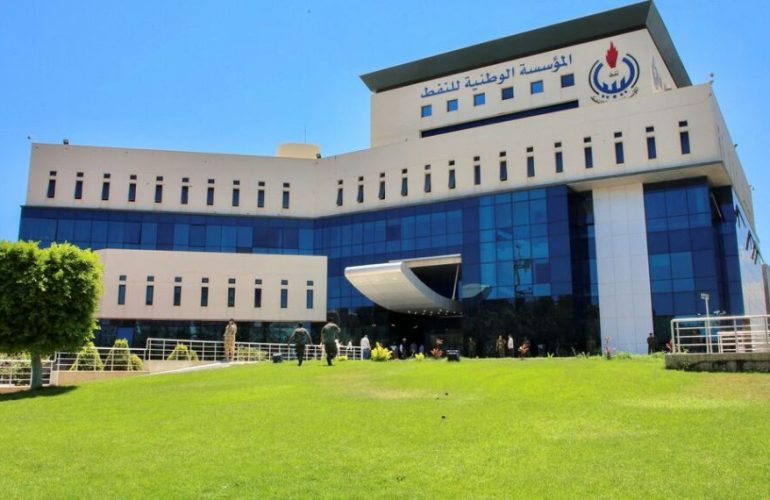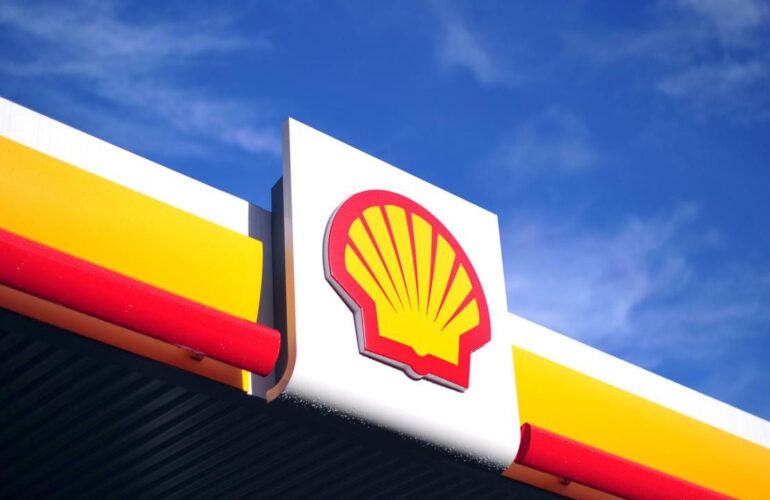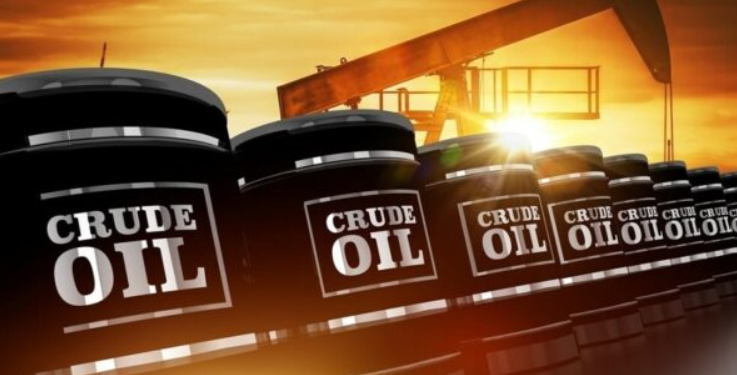Although about $490 billion is being invested this year to boost crude oil production and plug the supply gap, there are indications that supply shortfall may persist.
The development, which kept the oil price at about $84 per barrel, yesterday, is expected to increase the oil price to $100 per barrel, thereby compounding the current global energy crisis with the inflationary implications.
Coming at a time when Nigeria’s oil production is shrinking following 400, 000 barrels daily loss to theft, the prevailing situation may further worsen the pump prices of petroleum products, escalate the foreign exchange crisis and expand fiscal deficit.
Wood Mackenzie analysts, in a new report on upstream investment, have noted that the oil and gas industry is currently in the third year of an upcycle, with investment in production at $490 billion.
The funding, though significantly higher than the $370 billion low recorded in 2020, upstream analysts at Wood Mackenzie, Fraser McKay and Ian Thom, said much would still be needed to balance supply in the market.
The analysts were specifically worried about the lack of a spare production capacity, which could be viewed as a side effect of newly-found discipline with spending and focus on efficiency while adjusting to a world in transition.
“We expect companies to go for margin rather than market share; and upstream supply chain capacity to creep rather than leap, which has been the traditional response in an upcycle,” McKay and Thom said.
According to them, restraint could lead to a tighter supply chain than the industry has been used to. In Nigeria, the development is worsened by continuous divestment in the industry. Although the country conducted a bid round last year, most international companies are holding back their capital as Nigeria has repeatedly failed to meet its three million barrels daily target.
Amidst the stranded sale of ExxonMobil assets to Seplat, international oil companies have reported divesting assets worth over N20.8 trillion. For instance, Shell plans to divest about $2.3 billion in assets, Eni’s asset divestment is around $5 billion and ExxonMobil would offload $15 billion in assets.
Rystad Energy had initially estimated that Total and ConocoPhillips would divest assets close to $27.5 billion. With dwindling crude oil reserves, now hovering around 37 billion barrels instead of the projected 40 billion barrels, Nigeria’s spending on exploration has been in inland basins in northern states.
Earlier, stakeholders disclosed that Nigeria may see the coming onstream of over $32.5 billion worth of oil and gas projects as the Nigeria National Petroleum Company Limited and International Oil Companies operating in the country yesterday show readiness to sign final investment decisions (FIDs) on some projects.
The development came on the backdrop of the payment of $3.8 billion to oil operators in the country to clear all outstanding Joint Venture (JV) cash-call debts, which may see Shell alone decide on $19 billion worth of projects in the next 10 years, Managing Director of Shell, Osagie Okunbor said.





